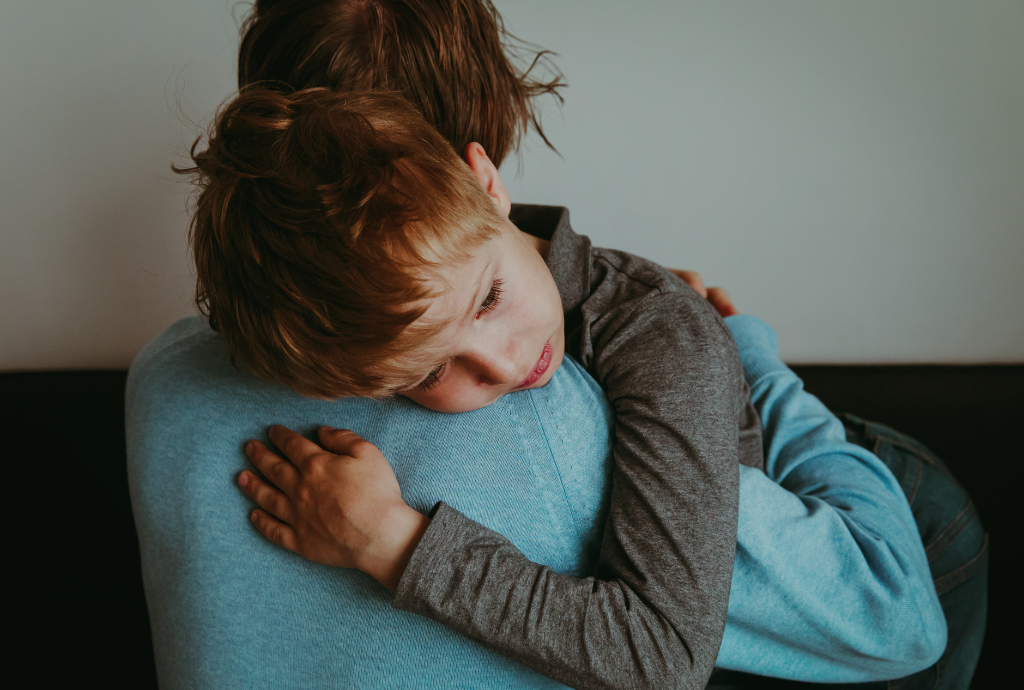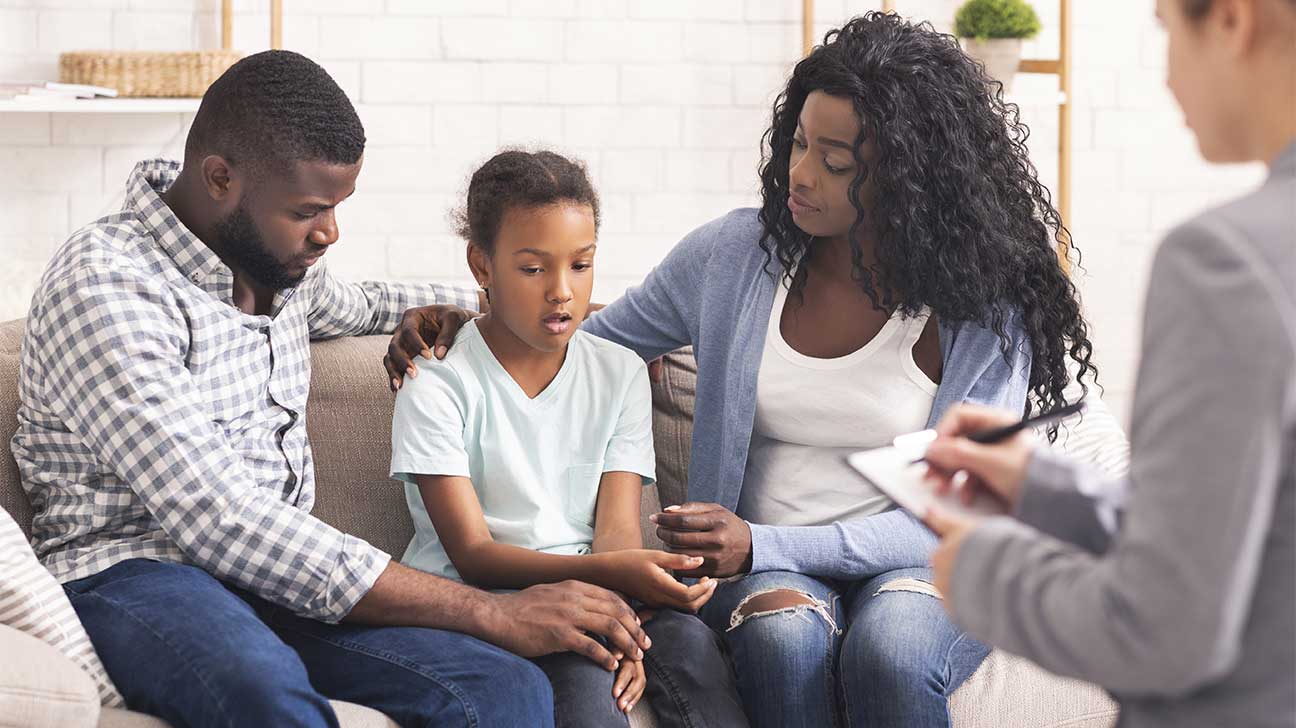Seven Tips for Parenting Through Childs Trauma
Parenting through your child’s trauma involves creating a safe space, offering unwavering support, promoting open talks, caring for yourself, seeking professional assistance, and nurturing resilience. Secure boundaries, consistency, routines, and trust build a stable environment. Be their rock, listen, and validate their emotions. Talk openly, practice self-care, and don’t hesitate to seek expert help. Through your dedicated support, your…










